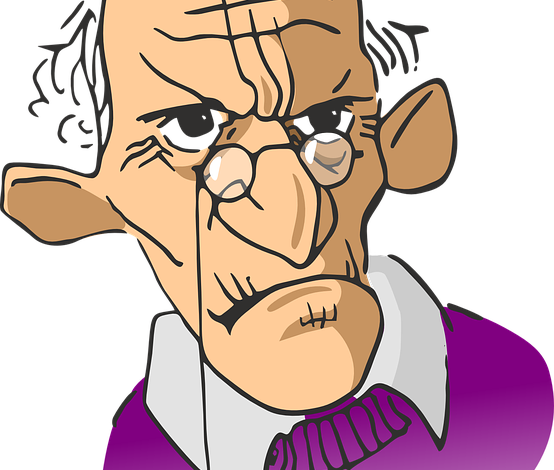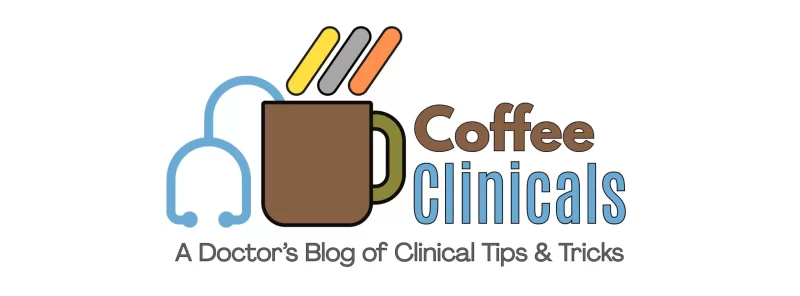
Though not my favorite diagnosis to make & treat, ‘Delirium’ is one of my favorite words ! Not only does it roll smoothly on the tongue but is also such a visual metaphor of what it literally means : – “Going off the rails“.
The word ‘DELIRIUM’ is also a great mnemonic to remember & recall treatable causes and risks of delirium, specifically in hospitalized elderly patients:
D – Dementia, Dehydration (heavy diuresis, diarrhea) + Devices that disturb (Catheters, Telemetry, Masks. etc)
E – Electrolyte issues (Glucose, Sodium, Elevated calcium), ETOH withdrawal ( Drinking in elderly can be a unrecognised issue)
L – Lung + Liver disease (hypoxia, is there sleep apnea ? Check Ammonia ? )
I – Intracranial causes (Strokes/Bleeds) + Infection
R – Renal Failure
I – Inactivity + Insomnia (avoid day naps, late caffeine | add sleep-aids/white-noise @ bedtime)
U – Urinary retention + Uncontrolled pain. (Demented folks may not communicate their symptoms)
M – MI (CAD) + Medications : acts of commission (Benzos/Antihistamines/Narcotics/Anticholinergics/Anesthesia ) and acts of omission (forgot to start that Baclofen from home meds ? Or maybe PPI ? (PPI rebound can be distressing)
P.S: A couple of things I encourage remembering – in hospitalized elderly patients , the hyperactive delirium is spotted easily but the more common hypoactive is easily missed & dismissed as fatigue, depression or just being old ! Secondly, it’s well known that patients with documented dementia are a high risk of hospital delirium, if it occurs in someone with no known dementia, there is a good chance that their dementia is either undiagnosed, unrecognized or that dementia is brewing & coming in the future. Indeed, delirium could be a predictor of dementia in some, though more studies are needed to show if delirium is a predictor or cause of dementia.
